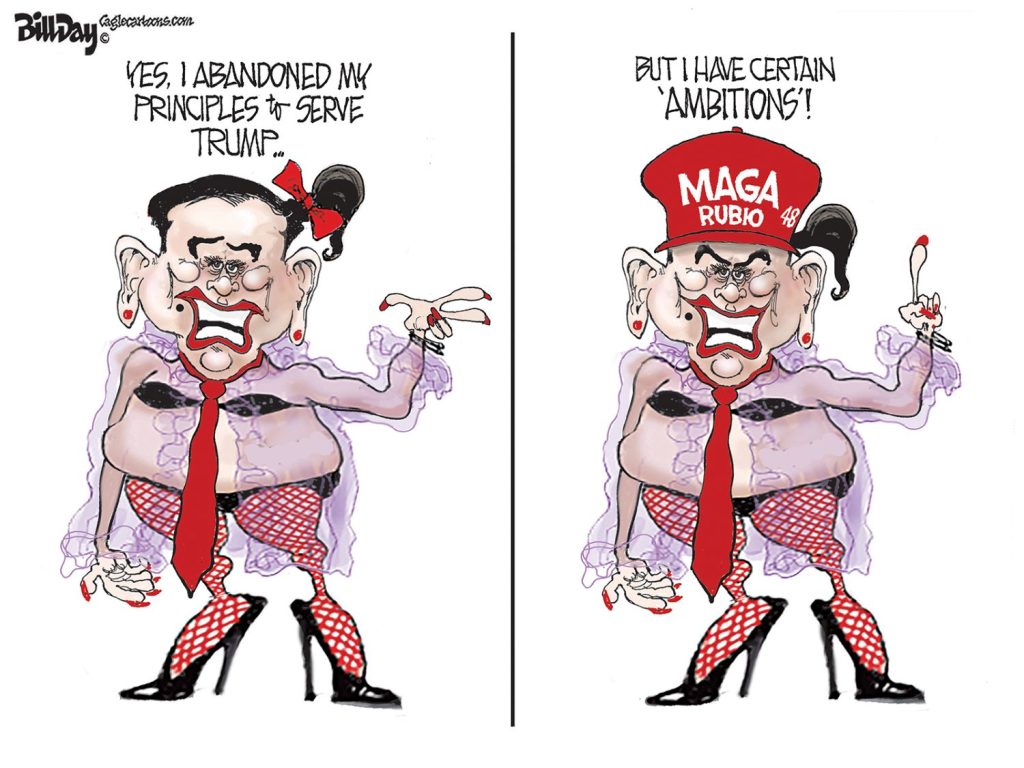Former Shelby County Commissioner John Willingham is a gadfly, a nag, a maverick, a loose cannon and a pain in the neck.
We need more people like him.
Last week, he was back in the news again, talking about the federal investigation into the misapplication of $20 million in federal funds in the construction of the now infamous multi-modal garage at FedEx Forum. It must have been a heartening validation of his six-year obsession with the project, an obsession that led to the critical review by the Tennessee Comptroller about lack of oversight of the funds and compliance with contracts.
The primary issue for Mr. Willingham is that just days before city and county governments assured state officials that the garage would be a public, nonprofit facility, the same governments had agree to give the Memphis Grizzlies full control and all revenues over the facility.
Obstacles And Barriers
Remarkable, he has pursued this issue despite formidable barriers that would have discouraged lesser men to throw in the towel. There were the regular misdirections by county attorneys during his term as county commissioner, causing him to chase rabbits or to wander in the weeds while “on time, on budget” was mantra for the project.
There were the 800 pages of documents released by attorneys that were billed as the seminal documents, letters and agreements dealing with the garage. Coincidentally, there were missing letters from city and county government to state highway officials and the governor as they reached the political agreement that led to the bait and switch on the $20 million in state funding for the arena project.
There were the key documents held in the Nashville offices by the Tennessee Department of Transportation that illuminated the fine details of the deal, but as Mr. Willingham prepared to drive to Nashville to review them, he was notified that they had been sealed by the Tennessee Bureau of Investigation as part of its investigation. No details about the investigation have been released since then.
M.I.A.
There were the drawings of the garage that Mr. Willingham reviewed at city-county construction codes enforcement department and that showed plans for a different building, but when he returned to look at them, they were missing.
Through all of this, he has soldiered on, missing from media coverage until he confirmed late last week that he has been interviewed by the FBI about the garage. Along the way, he was essentially dismissed by the news media – at least until the FBI came calling.
We are unsure what he told the investigators, but what is clear to us is that the whole house of cards was created when former Governor Don Sundquist reneged on his pledge to give the arena project $20 million in state funds, no strings attached. Once he said that state government would instead use federal funds, he set in motion a process whose goal was to say whatever it took to meet federal highway regulations while doing something totally different with the money.
This dogged determination would be reason enough for us to admire Mr. Willingham, but he’s also been fighting another perceived lost cause — his battle for lower taxes for Memphians.
Republican With A Small “r”
He left the board of commissioners in 2006 to campaign for Memphis mayor with the stated intention of getting more attention for his tax plan. However, it received scant media coverage, and what little it got evaporated along with his prospects for victory as he campaigned for Shelby County mayor, a second time for Memphis mayor, and then, last year, for City Council.
Over the years, he has been called a loose cannon who sees conspiracies and intrigues on all sides, and not even his experience as a former official in the administration of President Richard Nixon and his more than a dozen patents have been enough to get an endorsement from the Republican Party.
Perhaps, the Republican he most resembles is Martha Mitchell, wife of Attorney General John Mitchell whose late-night calls to the media about Watergate and the Nixon Administration’s “dirty tricks” were considered incoherent alcohol-fueled ramblings until she was proven right by history.
As for his so-called Memphis Tax Fairness Program, it calls for a 10-year “privilege payroll tax” on every one working in Shelby County, but in truth, its ultimate targets are the about 85,000 people earning $2.9 billion who drive in from outside Shelby County to work here every day.
Fixing The Taxes
The plan, vetted by county finance officials and University of Memphis economists, would end the wheel tax, reduce the city property tax by 50-80 percent, eliminate the local option sales tax (reducing the city rate from 9.25 percent to 7 percent), and paying off Memphis climbing debt.
There’s little disagreement that the Shelby County tax structure is broken. State government’s leading think tank – Tennessee Advisory Commission on Intergovernmental Relations – issued a report called, “Who Pays More?” and the answer was no surprise to local taxpayers: Memphians’ taxes are the highest and the most unfair.
The report said: “The highest effective property tax is found in Shelby County, reflecting the impact of an extremely high property tax rate in Memphis. Memphis has the highest combined county and city nominal tax rate in the state…Total local taxes are regressive, since each of the three taxes (property tax, sales tax and wheel tax) is separately regressive. Regressivity refers to lower income persons paying a higher percent of their income for taxes than do higher income persons.”
The tale of the tape tells it all: the cumulative city-county property tax rate in Memphis is $7.4732 per $100 of assessment; in Knoxville, it’s $5.50; in Chattanooga, it’s $5.356; and in Nashville/Davidson County, it’s only $4.69.
Asking The Right Question
That in a nutshell is the challenge facing Memphis. Its high cumulative tax rate drives the middle class out of the city, leaving the regressive tax burden to fall even more heavily on lower income Memphians, and in time, forcing the rate even higher.
For 15 years, there have been frequent attempts to put band-aids on our current tax system, but there’s been little appetite – because of the perceived political risk – for the determined, bipartisan effort that’s needed to develop a comprehensive plan that answers one central question: How can Memphis correct the structural tax problem that is a drag on the local economy and places an unfair burden on most local taxpayers?
So far, the Willingham plan has been the only attempt to answer it in the past 10 years.




